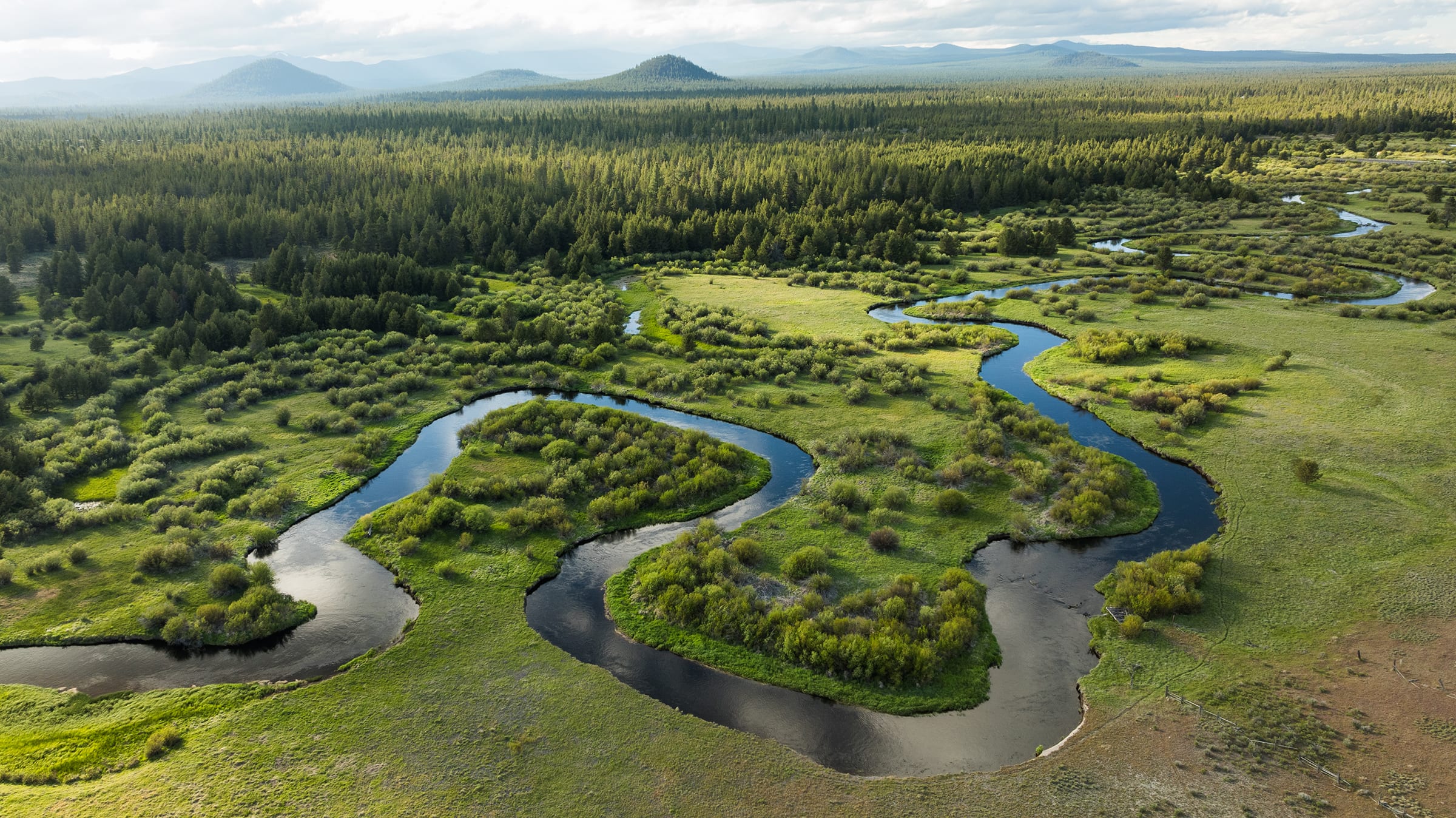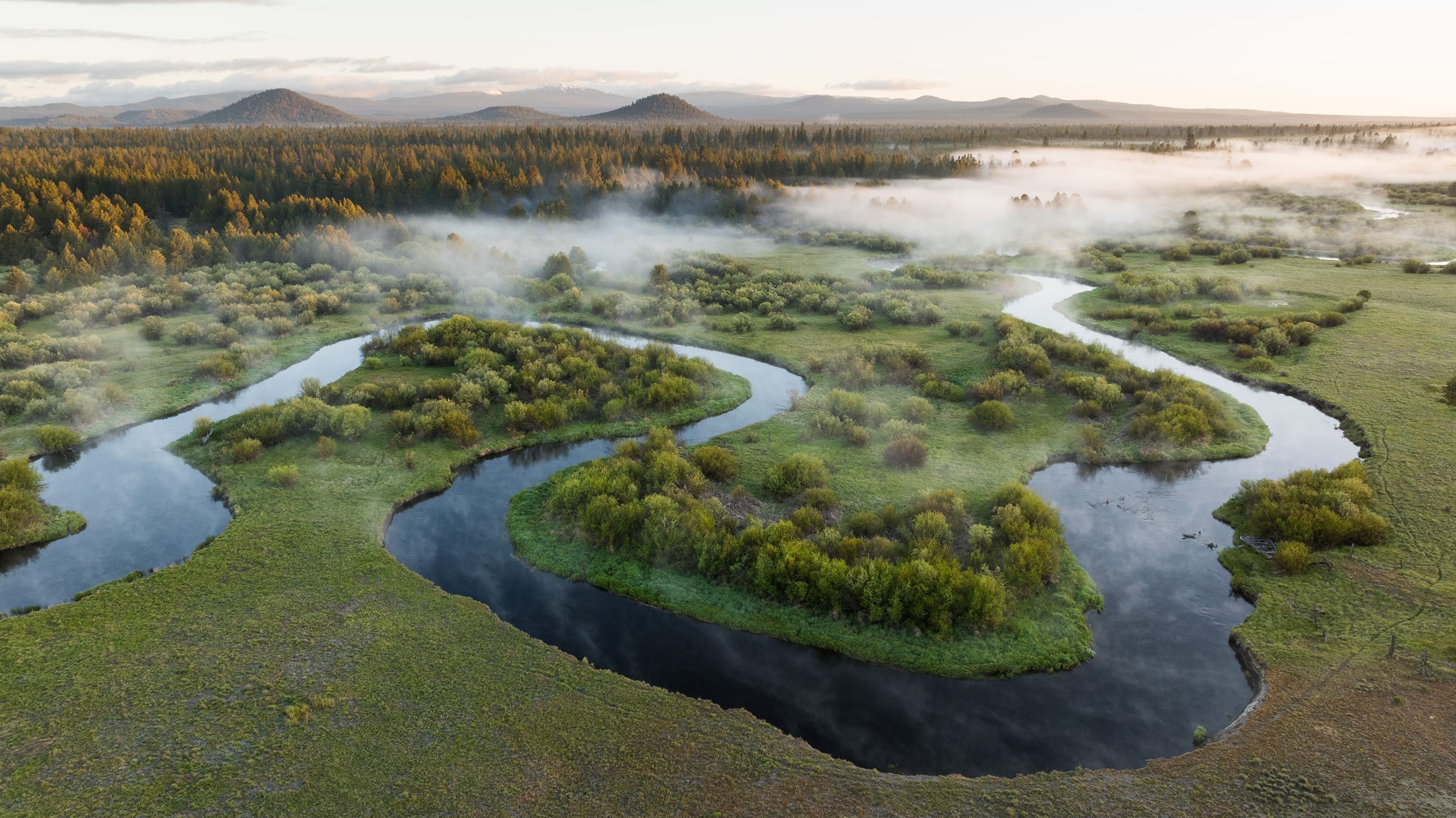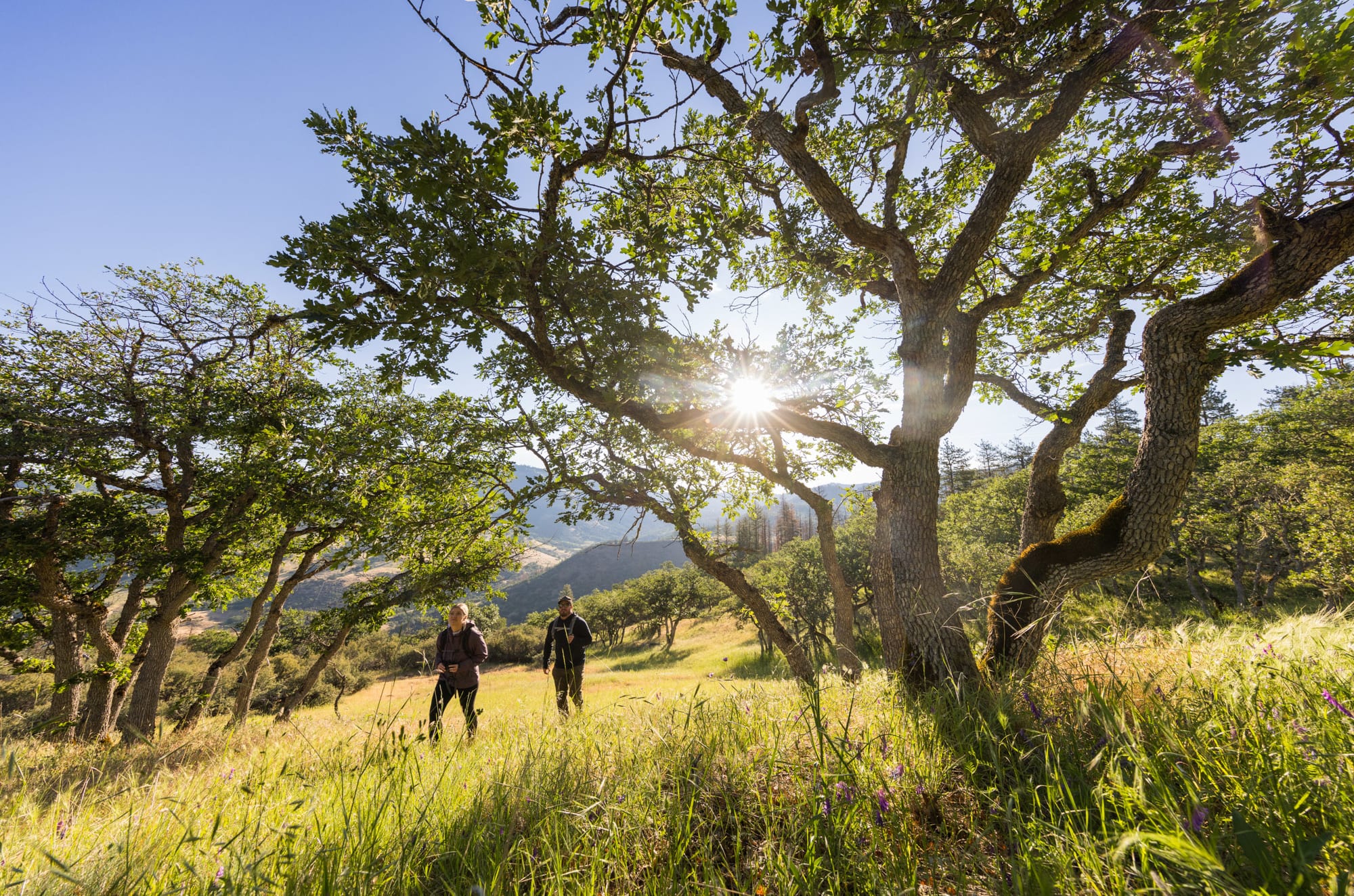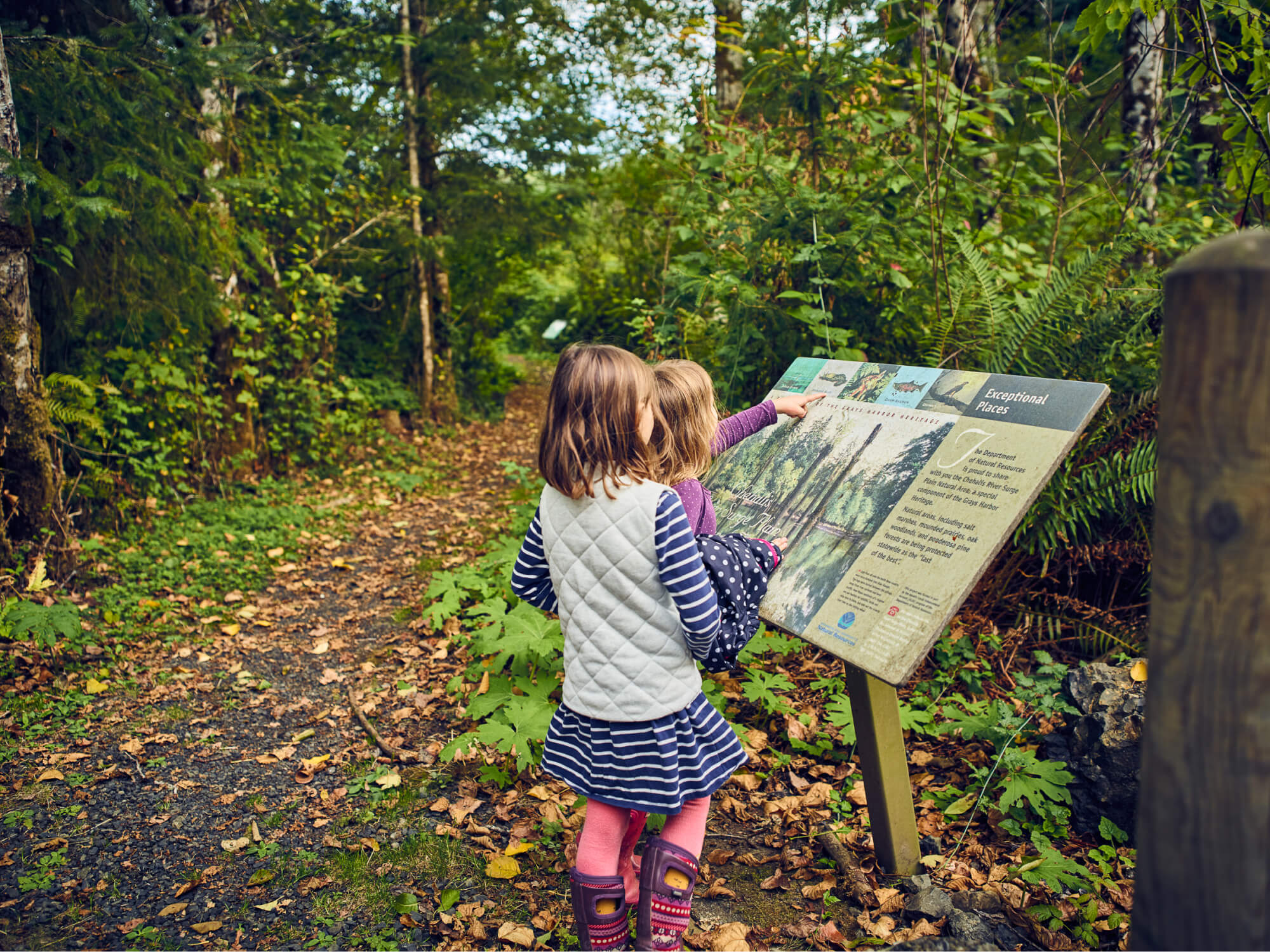Conserving the confluence of the Little Deschutes and Paulina Creek
The Wild and Scenic Deschutes River is one of Oregon’s most iconic streams, beloved for its legendary trout and steelhead fishing, outstanding boating and stunning scenery along its entire 252-mile journey from the high Cascades to the Columbia. The Little Deschutes, also a wild and scenic river in its upper reaches, is the southernmost of the Deschutes’ principal tributaries. The lower 80 miles of the “Little D” have beautiful, low-gradient meanders lined with forested wetlands and vibrant marshes.
Paulina Creek, a tributary to the Little Deschutes, is a gem in its own right, with scenic waterfalls, good fishing and miles of lodgepole and ponderosa pine forest along its banks. Much of the stream is protected inside the Newberry Crater National Monument and Deschutes National Forest. However, a short reach from the forest boundary to where Paulina Creek meets the Little Deschutes is privately owned.
At this confluence, WRC has purchased the 647-acre Paulina Meadows property, which contains the lowest 2.3 miles of Paulina Creek, nearly 2 miles of the Little Deschutes, and a diverse mix of forest, meadow, riparian and wetland habitats. We are working with the Bureau of Land Management and the Deschutes Land Trust to ensure the property's long term conservation stewardship. Our efforts will complement efforts underway by the Deschutes Land Trust to rewater Paulina Creek, an ephemeral stream that currently only has flowing water during a short portion of the year.
A haven for Oregon spotted frog
The stretch of the Little Deschutes that runs through Paulina Meadows has some of the densest occurrences of Oregon spotted frog in the entire basin. A federally threatened species, Oregon spotted frog populations have seen a steep decline in recent years due to predation by non-native bullfrogs, water withdrawals and habitat alterations. Conserving the property will help with bullfrog eradication, while switching to compatible grazing practices on the property will benefit spotted frog populations.
Once Paulina Meadows is conserved, the entire length of Paulina Creek will be protected, complementing significant habitat restoration happening immediately upstream. Our work will also safeguard a critical resting and grazing point for the Crescent Herd of mule deer, who migrate further than any other mule deer in the state. For recreationists, conserving the property will increase access for boating, hiking, fishing, hunting and birdwatching. On the whole, the project is a win for conservation, agriculture and recreation alike.












